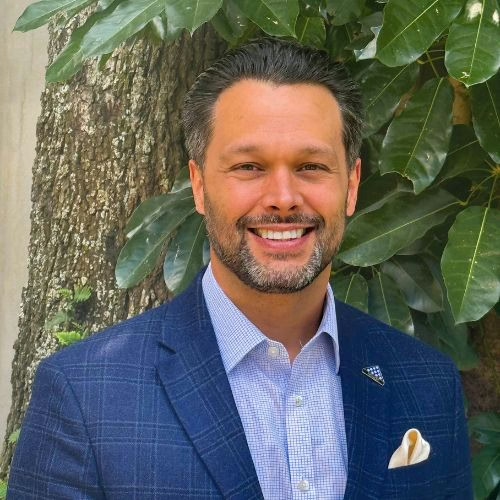Personal Financial Planning and Money Management Experts in Orlando
The guidance you need for the adventures you want.
Why You Need an
AllGen Financial Plan
Even the best athletes have coaches. Therefore, anyone can benefit from the services of a financial planner. We’ll design a plan tailored to your needs and goals and will guide you through staying on track.
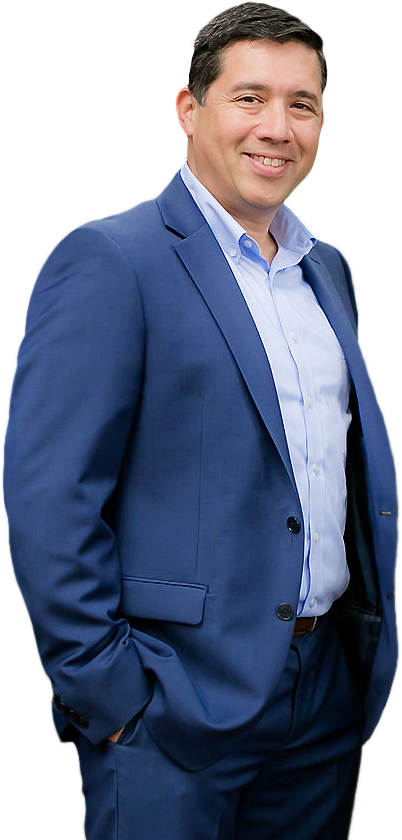
Paul Roldán, CFP®
CEO & Co-Founder
Paul Roldán, CFP® is the CEO and Co-Founder of AllGen Financial. He leads AllGen’s financial planning department with the wisdom of over 25 years of experience and a passion for helping others achieve Financial Freedom.
- Don’t have sufficient expertise in certain areas such as investments, insurance, taxes, or retirement planning
- Don’t have time to do your own financial planning
- Have an unexpected life event
- Wondering how to retire successfully
- Want to manage your finances better but don’t know how to get started
- Need someone to hold you accountable
- Want to have a greater impact with charitable giving
- Want a professional opinion about a plan you developed
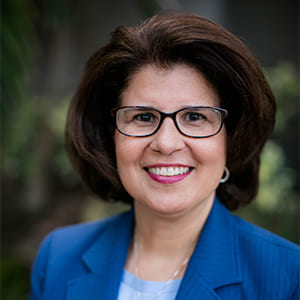
Ana Fernandez, CFP®
Financial Advisor
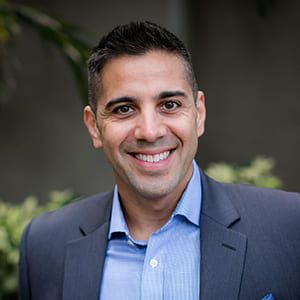
Robert Cortes
Financial Advisor

Karen Vergara, CPA
Financial Advisor

Kathryn Hite, CFP®
Financial Advisor
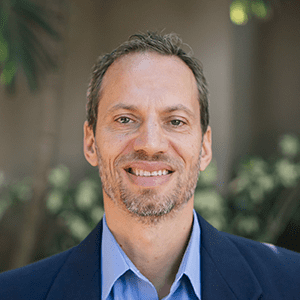
Paul Mazon
Financial Advisor
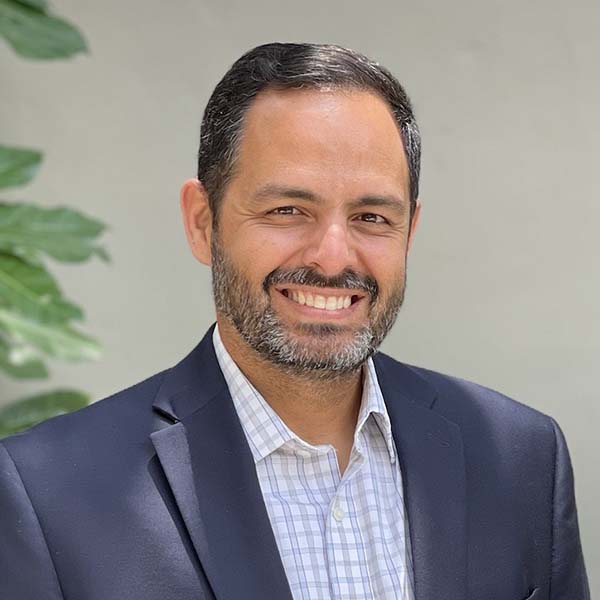
Axel Otero
Financial Advisor
How It Works
Let Us Guide You on Your Path to Financial Freedom
Step 1
Determine Your Starting Point
Your first step on the Path to Financial Freedom is to determine where you are now. Your financial goals, cash flow, and your assets & liabilities will all play a role in getting started. Knowing where you are is the starting point on the journey.
Step 2
Prepare for the Journey
Good risk management increases your odds of success. We’ll work with you to assess your financial risk, prepare for any unexpected life events, and eliminate excess “debt” weight to help you achieve Financial Freedom.
Step 3
Look to the Future
Identify your goals and define what Financial Freedom means to you. We’ll help you build a plan to reach those goals so that ultimately you can live life on your terms and reach your desired destination.
Step 4
Reach New Heights
Now that you’ve achieved Financial Freedom, it’s time to reach new heights as you find ways to increase your impact. You can give meaningfully and build your legacy for your family and your community, all while enjoying the journey.
Monitor the Plan
During each of the above steps, we monitor the plan and make adjustments as necessary to help you meet your goals and achieve financial freedom. Your goals may change over time or life events may necessitate adjustments. This monitoring process is constant because life isn’t.
AllGen’s Financial Coaching
Let’s navigate the Path to Financial Freedom together. As part of your financial plan, our experienced financial coaches will guide you through every step of your journey and cheer you on as you achieve milestones! Here’s how our coaching services can benefit you:
Frequently Asked Questions
Learn More About AllGen’s Financial Planning Services.
What is the difference between a budget and a financial plan?
A budget (spending plan) is a plan for how to distribute your income, for example, to rent and other bills and other obligations, to savings, and to entertainment. A financial plan, by contrast, doesn’t just determine how you spend your money now but also helps you to plan for the future and meet goals.
What is the difference between financial planning and investment management?
Financial planning centers on big-picture aspects of your financial journey. It can help you with identifying things like financial goals, spending plans, debt elimination, tax minimization, funding for further education, identifying the best insurance options, retirement planning, and more. Our financial planners are ultimately like life coaches, therapists, and accountability buddies – guiding you every step of the way. This can help on your Path to Financial Freedom, regardless of the stage you’re in. Investment Management is primarily related to our Formation Stage, as it focuses on wealth accumulation.
Am I ready for a financial planner?
Anyone at any stage of their financial journey can benefit from the services of a financial planner. Your financial needs may be different at each step on the path, but a financial planner can help you no matter where you are to maximize what you have. Whether you have financial goals you’d like to meet or have assets you want to protect, a financial planner can guide you through achieving those goals more quickly.
How much money do I need before I get a financial planner?
There is no minimum amount of money that you need before you get a financial planner. Anyone at any stage of their financial journey can benefit from the services of a financial planner. Whether you have lots of debt and no savings or are already in the process of growing investments, a financial planner can help you to make your financial goals a reality.
Is a financial planner worth it?
Financial planning and investment management isn’t free. At AllGen, our financial planners are fee-based. The financial planning fee is an investment in growing your finances and meeting future financial goals. Hiring a financial planner can therefore be worth the fee. AllGen is also a Registered Investment Advisor (RIA firm), which means that we have a fiduciary responsibility to act in your best interest. Learn more on our fiduciary advisors page.
What does a financial planner do?
A financial planner asks questions to determine where you currently are with your finances and what your goals for the future are. Then, the financial planner creates a plan to help you meet those goals, both short-term and long-term. From there, the financial planner will also act as a coach and guide you through following the financial plan. Lastly, the financial planner will make adjustments to the plan as-needed over time – because life happens!
How do you find a good financial planner?
It’s important to seek out a financial planner who is bound by fiduciary duty. A fiduciary has to take the best possible action for their clients, not just any good action. A CFP (Certified Financial Planner) working at a financial services company, for example, is doubly bound by fiduciary duty because both the CFP certification and the financial services company have a fiduciary-level responsibility to their clients.
How do I know my financial planner is a fiduciary?
There are two ways to check that a prospective financial planner is a fiduciary. The first is to just ask them. The second is to check that they’re either a Certified Financial Planner with the CFP Board or that they are registered with the SEC. Either one requires that the financial planner be bound by fiduciary duty. In some cases, a financial planner is required by both to be a fiduciary.
What is the difference between a financial coach and a financial planner?
A financial planner and a financial coach are essentially the same thing. Both will help you to create a financial plan that meets your needs and guide you through the process of following it as well as making adjustments as needed. A financial planner functions like a coach to help you meet your financial goals. A Certified Financial Planner is part of the CFP Board and is bound by fiduciary duty specifically.
What is the primary purpose of financial planning?
The primary purpose of financial planning is to help you meet any type of financial goal. This could be paying off debt, buying a house, saving for retirement, going to college, paying off your mortgage, and more. Anyone at any stage of their financial lives can benefit from financial planning.
Can businesses or organizations receive financial planning?
Yes. A financial planner’s clients can be individuals, businesses, families, or organizations.
What is the difference between a financial planner and a CPA?
While both financial planners and CPAs can help you with your taxes, the two are not the same. CPAs prepare and file your tax return for the taxes that you already owe and focus on helping you save money on those taxes now. A financial planner focuses on the future to help you build wealth and save money in both the short and long term. Your financial planner will strategize about your tax situation to see if is prudent to save on your taxes now or try to save on your taxes later. The financial planner’s intention is to help you build/optimize wealth and achieve all of your short- and long-term financial goals.
How do I get started?
Contact a financial planner today to build a plan and take charge of your financial future!

